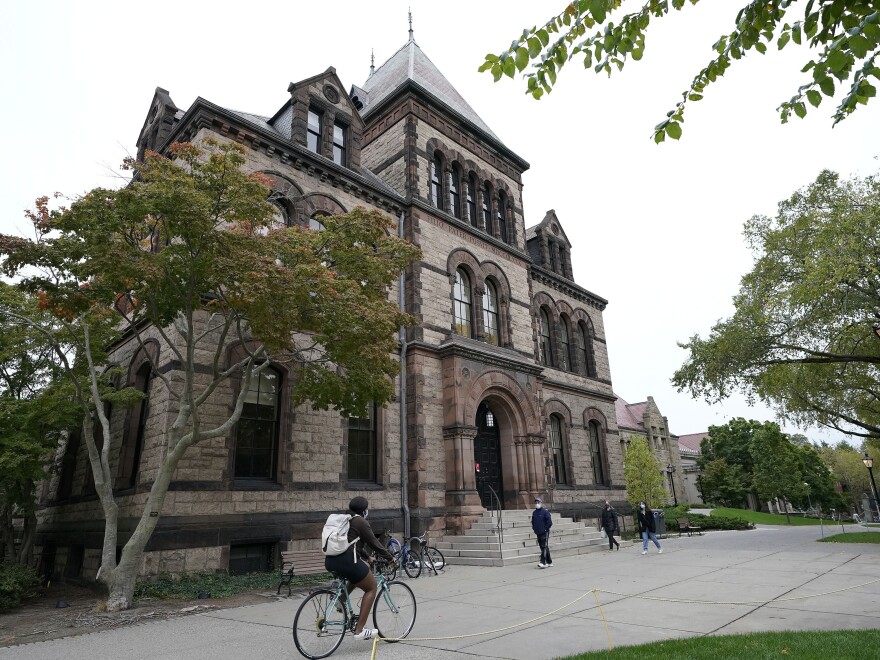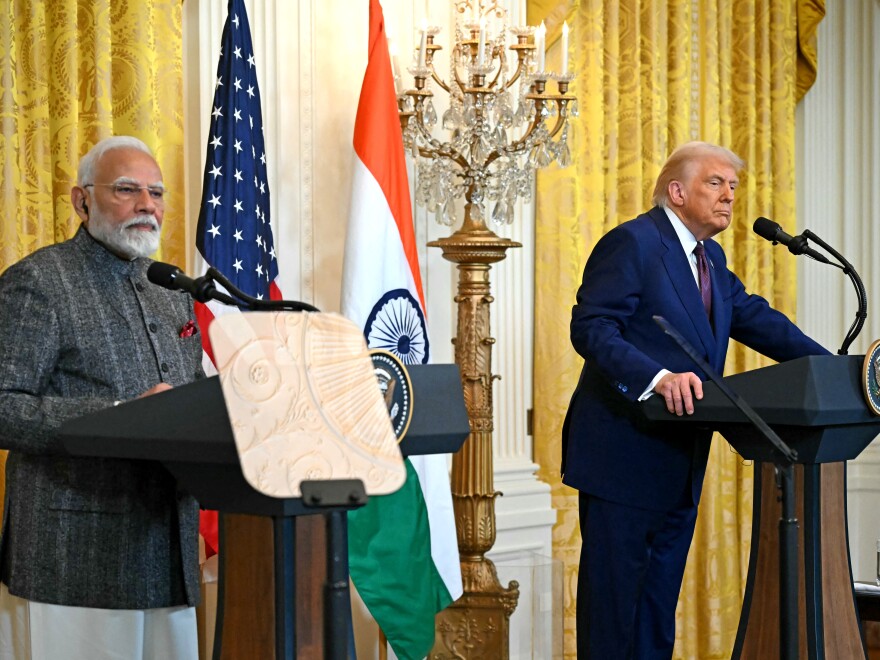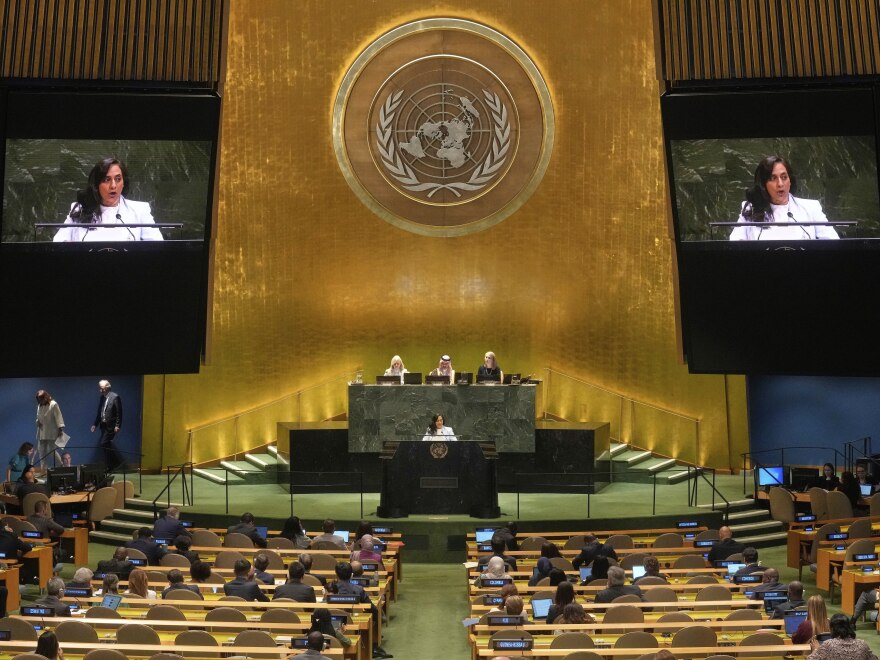Washington In an agreement with the Trump administration that halts investigations into alleged discrimination and recovers lost federal research funds, officials announced Wednesday that Brown University will pay $50 million to workforce development organizations in Rhode Island.
In keeping with President Donald Trump’s political goal, the university also consented to a number of compromises. For instance, Brown will use the government’s definition of “male” and “female,” and the admissions process must no longer take race into account.
According to Christina H. Paxson, president of Brown, the agreement maintains Brown’s academic autonomy. One of the clauses states that the government cannot control Brown’s academic speech or curriculum.
“The University’s foremost priority throughout discussions with the government was remaining true to our academic mission, our core values and who we are as a community at Brown,” Paxson stated.
It is the most recent agreement between an Ivy League university and the Trump administration, which has pushed for improvements at universities Trump claims are dominated by liberalism and antisemitism by using its influence over federal funds. Additionally, the administration has begun looking into attempts to promote diversity, equity, and inclusion, claiming that they discriminate against Asian American and white students.
The Columbia University agreement last week, which the government referred to as a model for other universities, is comparable to the Brown agreement. However, Brown’s does not have an external monitor, in contrast to that agreement.
Numerous suspended grants and contracts are reinstated as part of the three-year agreement with Brown. Additionally, it demands that Brown receive $50 million in unpaid federal grant expenditures back from the federal government.
With no misconduct found, the deal closes three federal investigations into claims of racial bias and antisemitism in Brown admissions. Paxson foresaw inquiries about why the institution would reach a settlement if it had not broken the law in a letter to the campus. She pointed out that in addition to “a growing push for government intrusion” in academia, Brown has also been under financial pressure from federal agencies.
She claimed that by signing the deal, the government’s concerns are allayed without compromising university principles.
“We stand solidly behind commitments we repeatedly have affirmed to protect all members of our community from harassment and discrimination, and we protect the ability of our faculty and students to study and learn academic subjects of their choosing, free from censorship,” she stated.
In order to address claims of antisemitism on its Providence, Rhode Island, campus, Brown committed to a number of steps. The school announced that it will encourage Jewish day school pupils to apply to Brown and reaffirm its collaborations with Israeli scholars. The government and Brown must work together to select an outside group by the end of this year to examine the campus environment for Jewish students.
The agreement, according to Education Secretary Linda McMahon, guarantees that students will be evaluated “solely on their merits, not their race or sex.”
“The Trump Administration is successfully reversing the decades-long woke-capture of our nation’s higher education institutions,” McMahon said in a press release.
According to the settlement, Brown must reveal a plethora of information about applicants and accepted students, including their race, academic standing, and results on standardized tests. The government will conduct a “comprehensive audit” of the data.
It prevents Brown from favoring applicants based solely on their race. Such consideration is already prohibited by a 2023 Supreme Court ruling, but the agreement seems to go farther by prohibiting Brown from utilizing any “proxy for racial admission,” such as personal comments or “diversity narratives.”
Brown committed to give $50 million to local workforce development organizations over a ten-year period.
Ted Mitchell, president of the American Council on Education, a group of large colleges, said that’s “a step forward” from Columbia agreeing to pay a fee to the government. However, it’s still unclear if Brown and other colleges are immune to government pressure, Mitchell added.
“Remember, they are bargains. Mitchell remarked, “These are not policies.” “I had thought that when the Trump administration took office, it would be eager to engage in meaningful policy conversations regarding higher education’s future. They haven’t done it yet.
As part of the settlement, Columbia agreed to pay the government $200 million last week. The Cambridge, Massachusetts-based university has been under pressure from the Trump administration to pay far more in talks with Harvard.
Another agreement, which came with no fee, committed the University of Pennsylvania to changing school records made by transgender swimmer Lia Thomas.
Copyright 2025 NPR






